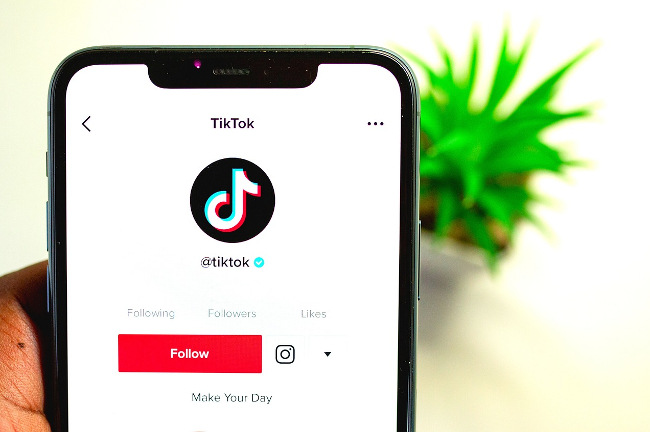Countless social media users are considering their next steps in the wake of the U.S. TikTok ban, which is set to take place on Sunday, January 19. Many have found their way to TikTok alternative platforms, braving language barriers and potentially the same cybersecurity concerns that has brought TikTok to its demise in the west.
In recent months, savvy social media users have discovered alternative Chinese platforms, including Xiaohongshu and Lemon8. Currently in a honeymoon phase with their Chinese netizen counterparts, early reports have noted American users are finding commonalities amid learning languages, an appreciation for beauty routines, and a fondness for pets, according to the Associated Press.
American users have especially taken a liking to the Xiaohongshu platform, colloquially known as RedNote or “Little Red Book” in a direct translation. It is considered the Chinese version of Instagram. Calling themselves “TikTok refugees” on the app, many started moving to the alternative platform as a form of protest ahead of the impending TikTok ban. As of Tuesday, RedNote was the top downloaded app on the Apple App Store in the U.S.
According to Similarweb, the platform has spiked by 3.4 million daily active users between iOS and Android devices in just 24 hours, as of January 13– a 133.8% increase week-over-week . Prior to that the platform supported about 654.2 million users in early January. Meanwhile, the Lemon8 platform saw a 29.6% increase in usership week-over-week, due to the influx of Americans testing the app.
U.S. policymakers hope the ban would encourage users to favor different American social media spaces, such as Facebook, Instagram, YouTube, and X for commiserating, marketing, and commerce. However, many American and Chinese users have come together in sarcasm, saying they are willing to forgo data privacy in order to continue the current international exchange.
The biggest challenge for American users on RedNote is likely to be getting used to censorship as well as the cultural difference of navigating a platform intended for a primarily Chinese audience. Additionally, various aspects such as translation and e-commerce are not available for international users, the AP noted.
China has developed its own native versions of popular platforms, such as Google and Facebook, because the original international iterations are banned in the country. Meanwhile, the social media platform Weibo, considered the Chinese version of X (formerly Twitter), is considered extremely centric to the culture, and difficult for foreigners to understand.
The House and Senate passed a bill in April 2024 that would ultimately send TikTok on the track to being banned, citing national security and privacy concerns. President Joe Biden followed up, signing the bill noting the ban would proceed unless TikTok was purchased by a U.S. entity. Despite several attempts for TikTok’s parent company, ByteDance to sue and appeal the decision, it appears the ban will proceed as planned on Sunday.
Research firm Apryse noted that the top ten U.S. states most concerned about the TikTok ban are Washington, New York, Virginia, Nevada, Illinois, Georgia, Utah, Connecticut, and California, with residents looking up information on why TikTok is being banned, when TikTok is being banned, information on TikTok alternatives, and information about VPN downloads.
Notably, TikTok is an international offshoot of the Chinese app Douyin, which exists exclusively in its native market. The app Lemon8, is also owned by TikTok’s parent company ByteDance.




